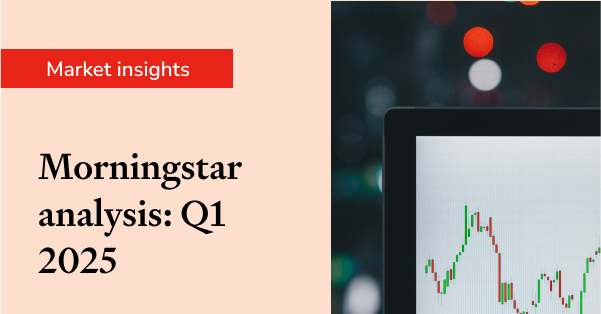Why Australia needs Open Banking like the UK
As a member of Fintech Australia, we have the opportunity to help shape policy that affects tech companies and consumers.
An area that we’re particularly passionate about at Sharesight is access and control over personal financial data, which is why we joined the Open Data Working Group, a committee within the organisation tasked with responding to the Australian government’s Open Banking Review.
What is Open Banking?
Open Banking is a concept that refers to banks and financial institutions making data available back to consumers via secure, widely accepted technologies. Open Banking is already law in certain countries, including the UK.
Fintech Australia has put forth its submission to the Open Banking Review.
If a white-paper isn’t your thing, James Eyers did a great write-up including a summary of the key takeaways in a recent Australian Financial Review article.
Benefits of Open Banking
The upshot of Open Banking is access and control over your personal financial data will give you more choice over financial products and services while enabling a more competitive marketplace.
A basic example would be a lender who could make more competitive loans based on your Banking history versus a one-size-fits-all bank approach. You, the consumer, would authenticate the connection between the lender and your bank.

Another example might be a personal budgeting app, similar to Mint, which with access to Open Banking data could provide valuable insights, helping people categorise and manage their spending with visualisations and predictive cash flow tools.
Why Open Banking matters
At Sharesight, we’re interested in this topic because we spend a significant amount of software engineering effort and client support time devoted to getting people’s investment data into our software. This is necessary because financial institutions make it next to impossible for someone to move their data around.
An Open Banking policy in Australia that extends to investment accounts would solve this problem, and we believe this would help investors make better decisions and save money on portfolio admin and transaction costs.
There are many exciting opportunities for investors (and fintechs) should Open Banking come into effect. Aggregation, portfolio analysis, investment ideas, tax efficiencies, and cost savings to name a few.
Stay tuned to the Sharesight blog and news from Fintech Australia for more on Open Banking as this develops.
FURTHER READING
- Blog -- Why you should partner with Sharesight
- Blog -- Where Sharesight fits in FinTech Australia’s ecosystem map
- Australian Government -- Review into Open Banking in Australia - Issues Paper

8 ways to use Sharesight's custom groups feature
This blog explains our custom groups feature, including strategies that can help you gain deeper portfolio insights and make more informed investing decisions.

You can time the market – and ETFs are the way to do it
Marcus Today founder and director Marcus Padley discusses timing the market, and how investors can do this using exchange-traded funds (ETFs).

Morningstar analyses Australian investors’ top trades: Q1 2025
Morningstar reviews the top 20 trades by Australian Sharesight users in Q1 2025, and reveals where their analysts see potential opportunities.